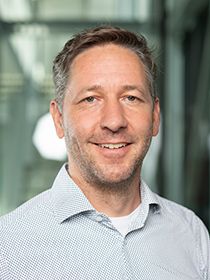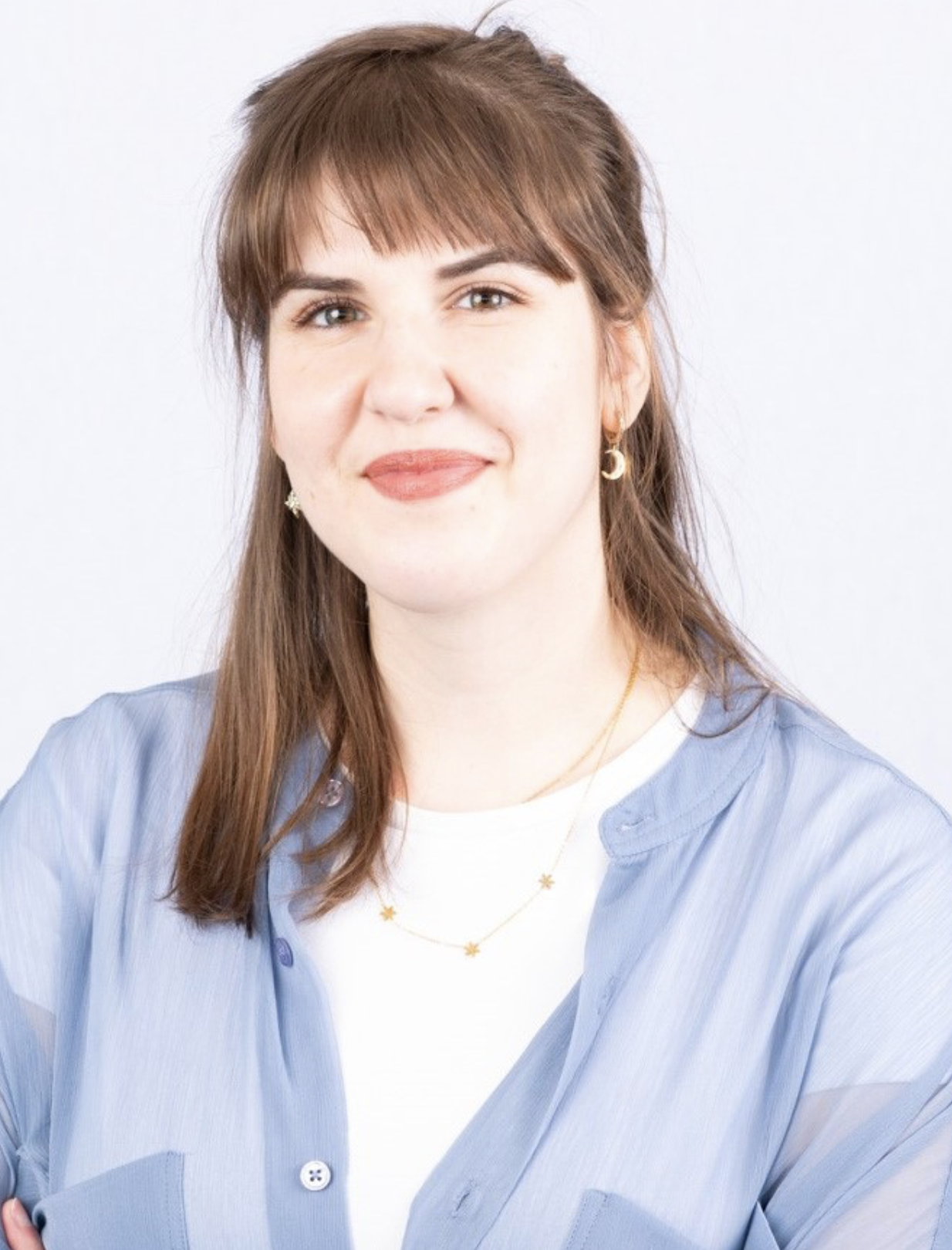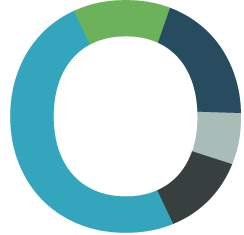Tobias Ley – «Learning Analytics and AI for professional learning: from adaptive to social to situated learning»
Abstract
In this talk I will give an overview of the field of intelligent learning technology applied in professional and workplace learning and how it has developed over the past 20 years. I review different technological paradigms, including adaptive systems, learning analytics and AI, and illustrate these with examples from my own research. The review leads me to remind us of the importance of social and situated approaches to learning and how technologies and their design can be shaped to promote these.

Bio
Tobias is a professor at the University for Continuing Education Krems (Austria) where he leads the Center for Digitalization in Lifelong Learning. He is also a professor for Learning Analytics and Educational Innovation at Tallinn University. Tobias has led numerous European research projects on intelligent learning technology for professional learning which have resulted in more than 150 publications. His research has won several awards, such as the European research excellence award on Vocational Education and Training and the national Estonian award for research in social science. His most recent project explores the complementarity of teachers and AI in teaching and learning.
Paraskevi Topali – «Reclaiming Teacher Autonomy in Learning Analytics & Artificial Intelligence Tools: From End-Users to Architects»
Abstract
In her keynote, Paraskevi Topali will invite the LASI community to rethink how we conceptualize teacher autonomy and human-centered approaches in the evolving landscape of learning analytics (LA).
As LA and artificial intelligence (AI) systems rapidly gain traction in educational settings, one crucial aspect remains underrepresented: teacher involvement in the technological innovation lifecycle—design, development and enactment in teaching and learning practices.

14 years after its definition, ongoing critical gaps accompany the LA practice such as the lack of pedagogical grounding, poor contextual alignment, and minimal stakeholder involvement in early design phases. While AI and generative AI are reshaping LA by enabling more adaptive, real-time insights and enhancing prompt feedback through predictive and generative capabilities, their integration into classrooms often bypasses teachers’ pedagogical intentions, reducing their autonomy and potentially undermining adoption and trust in the technology.
In this talk, Paraskevi Topali will map the various roles that teachers can play—from passive data receivers to active AI configurators—with illustrative examples from empirical research and design-based collaborations with educators and from her particular research lines on LA-based feedback. Moreover, she will discuss a design philosophy that flexibly supports multiple levels of control by automating, complementing and augmenting teacher pedagogical actions, having teachers as co-designers, not just users, of LA and AI-driven feedback and monitoring tools.
Bio
Dr. Paraskevi Topali is a senior researcher at the National Education Lab AI (NOLAI) and a postdoctoral researcher at the Behavioural Science Institute, Radboud University, Netherlands. Her main research interests lay in the area of Technology-Enhanced Learning and include Human-Centred LA, Artificial Intelligence, Personalised Feedback & Scaffolding, Learning Design, K-12, MOOCs.
She received her Ph.D. degree in Transdisciplinary Research in Education (Summa Cum Laude) from the University of Valladolid (Spain), in 2023. Paraskevi has a background in Pedagogy, holding a BS degree in Primary Education and a MS degree in Technology-enhanced Learning from the University of Ioannina (Greece).
Dr. Topali has 20+ articles published in JCR-indexed journals and international conferences in TEL research. Additionally, she has an international profile including professional experience in Greece, Spain, Germany, and the Netherlands. She has been involved in several research projects —with European, international and regional funding— and she participates actively in research societies, such as the European Association of Technology Enhanced Learning (EATEL) and Artificial Intelligence in Education (AIED).
